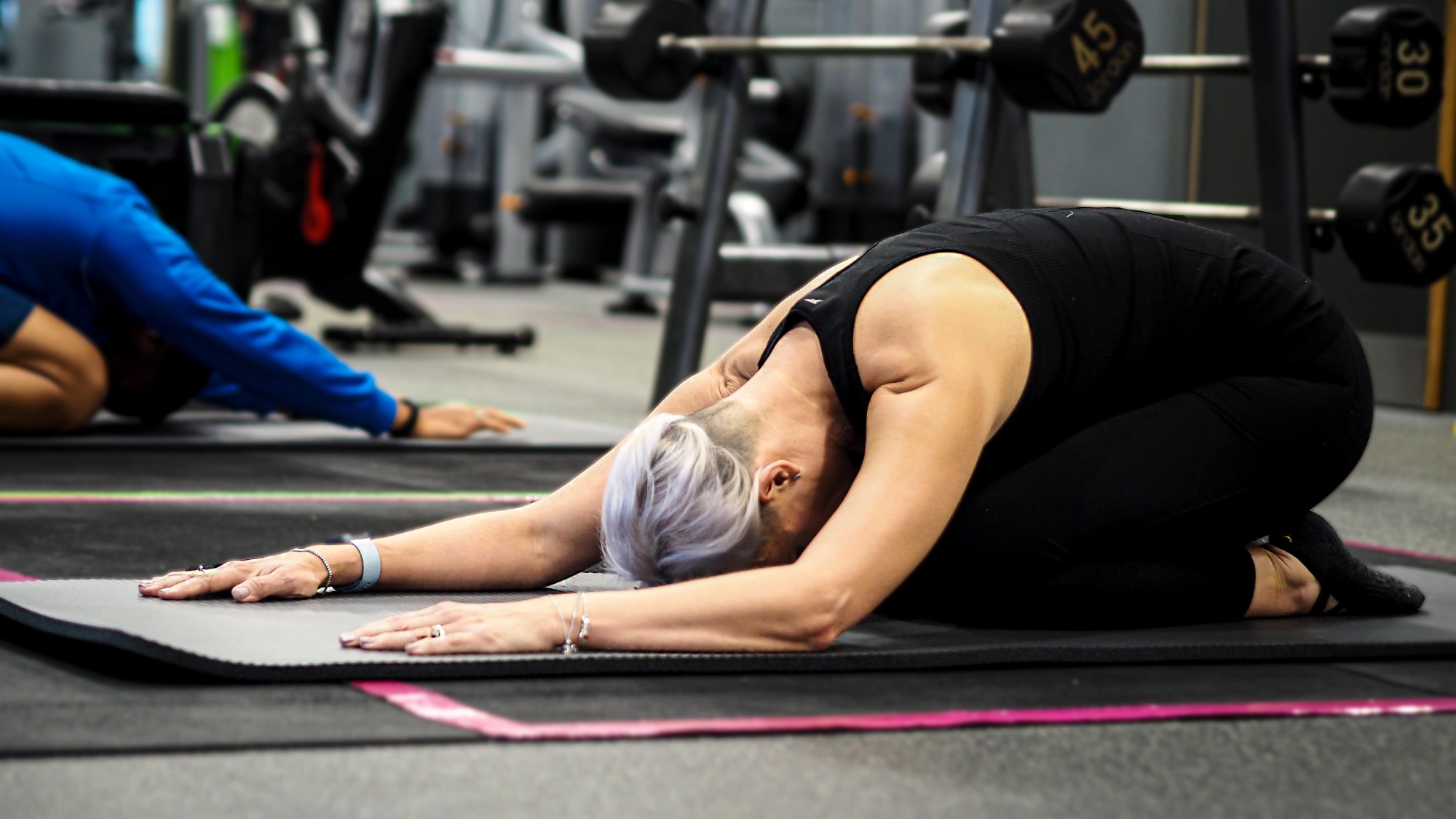When we talk about good physical health, we talk about exercise, nutrition, macros, and protein. When we talk about good mental health, we talk about therapy, coping mechanisms and relaxation. Sleep is one of the pillars of physical and psychological health and something we don’t take seriously.
First, why is sleep so important?
Sleep is the time that the body and brain repair itself. Your brain is a supercomputer that needs its sleep mode to recharge and go through functions ready for the next day. Our cognitive function is affected without good sleep, and our attention span, concentration, memory, and mood are not working as they should. Your body also repairs your organs, cells and even tissue during our shuteye. Sleep deprivation can, in some cases, be fatal and seen as a form of torture. Physical effects can cause heart problems, weight gain, and affect muscle growth, to name but a few. All in all, a good night’s sleep is as essential to us humans as food and water.
How much sleep do we need?
The good news is that as we get older, we need less. A baby will need 14-17 hours per 24 hours, whereas an adult needs 8 hours in 24 hours. The bad news is that we have sleep debt, like your bank account; it accumulates. Many may think you are back on track if you have one good night. Unfortunately, this is not the case. For example, if you need 8 hours a night, Monday to Friday, you only have 5 hours, and you are 15 hours in debt. On the weekend, you have 10 hours each night. You have gained 4 hours back, but your debt is still 11 hours. You have all done some maths in your head and realised that you must sleep for the rest of the month to catch up. It’s not all doom and gloom. You can make massive improvements by creating a good sleep routine. There are a few things that you need to get in place to aid a good night, which include your sleep environment.
Sleep environment:
• It should be dark, warm, and comfortable.
• It needs to be quiet. This may not be easy if you live on a busy road or have noisy neighbours, but it may be worth investing in a pair of earplugs.
• No electrical devices – Now, in this day and age, we are never far away from our phones, and if you are like me, your phone is your alarm clock. However, you can set your device to sleep mode at bedtime, so you are not woken by texts or emails.
• Some people fall asleep with the TV on; this is also not good practice as your brain still takes in the programme and changes on the screen. If it’s a habit you’re unwilling to break, can you set a timer, so it switches off after 30 mins?
• Your sleeping space should not have a dual function apart from sex, of course. So, if your home office is in your bedroom, maybe this needs some thought.
• Lastly, children and animals shouldn’t be in there. This is where I fail, I love a snuggle with my furry friends. When we talk about good physical health we talk about exercise, nutrition, macros, and protein. When we talk about good mental health we talk about therapy, coping mechanisms and relaxation.
Sleep Routine:
The preparation for a good night’s sleep is just as necessary as the environment and setting a routine of things you do so your body and brain know it’s ready to shut down for the day.
• You must stop and relax before bedtime to get a good quality sleep. I would suggest watching some easy-to-watch telly before hitting the hay.
• Do not do anything that gets the brain fired up or on high alert. No screen time, scary movies, essays, or work emails for the last hour.
• No vicious exercise before bed; yoga or meditation is good; a heavy weights session or a 10-mile run is bad.
• Caffeine should be out for 10 hours before bedtime.
• Alcohol none for 3 hours before you sleep (don’t shoot the messenger)
• Food needs to be digested, so if you need to eat try to have a light meal or snacks in the last 2 hours nothing heavy.
• The best practice is to go to bed and get up at the same time each day.
• If you have things on your mind, have post-it notes or a book next to your bed so you can write them down, get them out of your head on to the paper, and pick them up again the following day.
• Keep a sleep journal; some apps can do this for you; however, this contradicts no electrical devices from above.
• Follow a routine as you go to bed. This also prepares your body and brain. I let the dogs out for the toilet, give them a treat each, clean my teeth, take off my make up.
Making all these changes may seem extreme and prevent you from having a life. Your life demands may only enable you to follow through with some of the suggestions. However, if you make a few small changes, you will feel physical and mental improvements. It is well worth downloading an app that monitors your sleep quality, as it’s not just the time you sleep but also the quality. Our sleep works in cycles; each cycle has a different function. For instance, if you don’t go into deep sleep or suffer from sleep apnea, the app will pick this up, and you can take corrective actions or get medical advice. Why not give it a go and start each new day feeling refreshed and ready to go?


 Mar 5, 2024
Mar 5, 2024
 3 mins
3 mins
 Lucy Brooks
Lucy Brooks

 Oct 13, 2025
Oct 13, 2025
 5 minutes
5 minutes
 Energie Fitness
Energie Fitness

